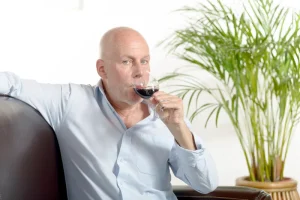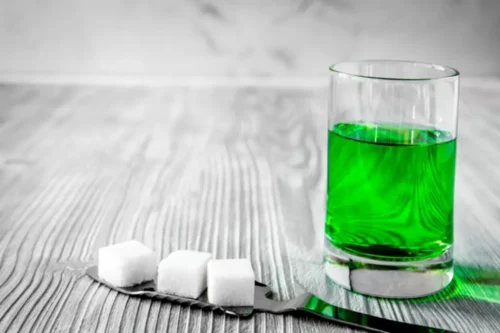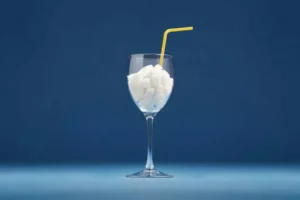
Rehabilitation facilities can help you on your path to sobriety by addressing alcohol withdrawal symptoms and becoming involved in sober living support groups, like AA. Alcoholics Anonymous® (also known as „AA”) and other 12-step programs provide peer support for people quitting or cutting back on their drinking. Combined with treatment led by health care providers, mutual-support groups can offer a valuable added layer of support. Belinda Gordon-Battle is a licensed clinical therapist and life consultant based in Miami while providing therapeutic services across the globe.

Staying Healthy
- Some people even report feeling phantom vibrations, reaching for their phones even when they haven’t received any notifications.
- Alcohol users need to think of all the benefits they will get if they stop drinking, and weigh them against the cost ofconsuming alcohol.
- You might also hold onto a nonalcoholic drink instead, ask a friend to support you in difficult situations or simply exit early if temptation gets too strong, the NIAAA suggests.
This forms part of the cycle of alcohol addiction and contributes to the intensity of cravings. They rear their intrusive heads in moments of vulnerability, sabotaging your well-intentioned journey towards an alcohol-free life. Alcohol cravings are a common obstacle for many on the road https://ecosoberhouse.com/ to recovery, but you don’t have to remain victim to them. Even if an intervention doesn’t work, you and others in your loved one’s life can make changes that may help. Ask other people involved not to feed into the destructive cycle of behavior and take steps to make positive change.

What Helps With Alcohol Withdrawal? 18 Tips
Data show that the programs are helpful for some but not for everyone. No matter which pathway of recovery a person chooses, a common process of change underlies them all. The well-researched science of behavior change establishes that how to overcome alcoholism addictive behavior change, like any behavior change, is a process that starts long before there’s any visible shift in activity. Brief Interventions are short, one-on-one or small-group counseling sessions that are time limited.
– Eat a balanced diet that includes healthy fruits and vegetables.
According to the 2015 National Survey on Drugs Use and Health, about 6.7% of adults who had Alcohol Use Disorder in 2014 received treatment. Having the backing of loved ones can foster motivation, resilience, and a commitment to recovery. It can reshape an individual’s environment into a supportive and proactive system, reducing the opportunities for relapse. These groups can also disseminate valuable coping mechanisms to handle triggers and mitigate cravings. They serve as a non-judgmental hub for individuals to express their fears, accomplishments, and setbacks openly, fostering resilience and an optimistic outlook.
Types of Behavioral Treatments
You can verify your loved one’s insurance for addiction treatment, which, depending on their provider and specific plan details, may be fully covered by insurance. You may not need to completely reinvent your life to quit drinking, but making a few changes in your surroundings to help avoid alcohol triggers can make a big difference. To stop drinking alcohol, you first need to understand your relationship with drinking.
Women and Alcohol
- Below is a list of some of the providers who are typically involved in alcohol treatment and the type of care they may offer.
- Relationships wither, productivity plummets, and our mental health teeters on the brink.
- This often means getting rid of paraphernalia or other items that might trigger your desire to use a substance or engage in a harmful behavior.
- There is also an emphasis on teaching members practical skills to boost self-confidence and facilitate rehabilitation.
During the sessions, individuals are usually encouraged to invoke a Higher Power (God) and surrender to it with the belief of a guided journey to sobriety. This therapy is offered as a one-on-one session or in a group. It focuses on the situations and feelings that lead a person to drink. The triggers for heavy drinking are identified during this type of counseling, and ways to manage stress and avoid relapse are taught. For some recovering alcoholics, individual therapy is necessary to develop the skills to reduce drinking and set achievable goals. Counselors for this addiction are professionals who are trained to help individuals from diverse backgrounds accomplish their goals.

I love the feeling of excitement when I gamble.

0 komentarzy